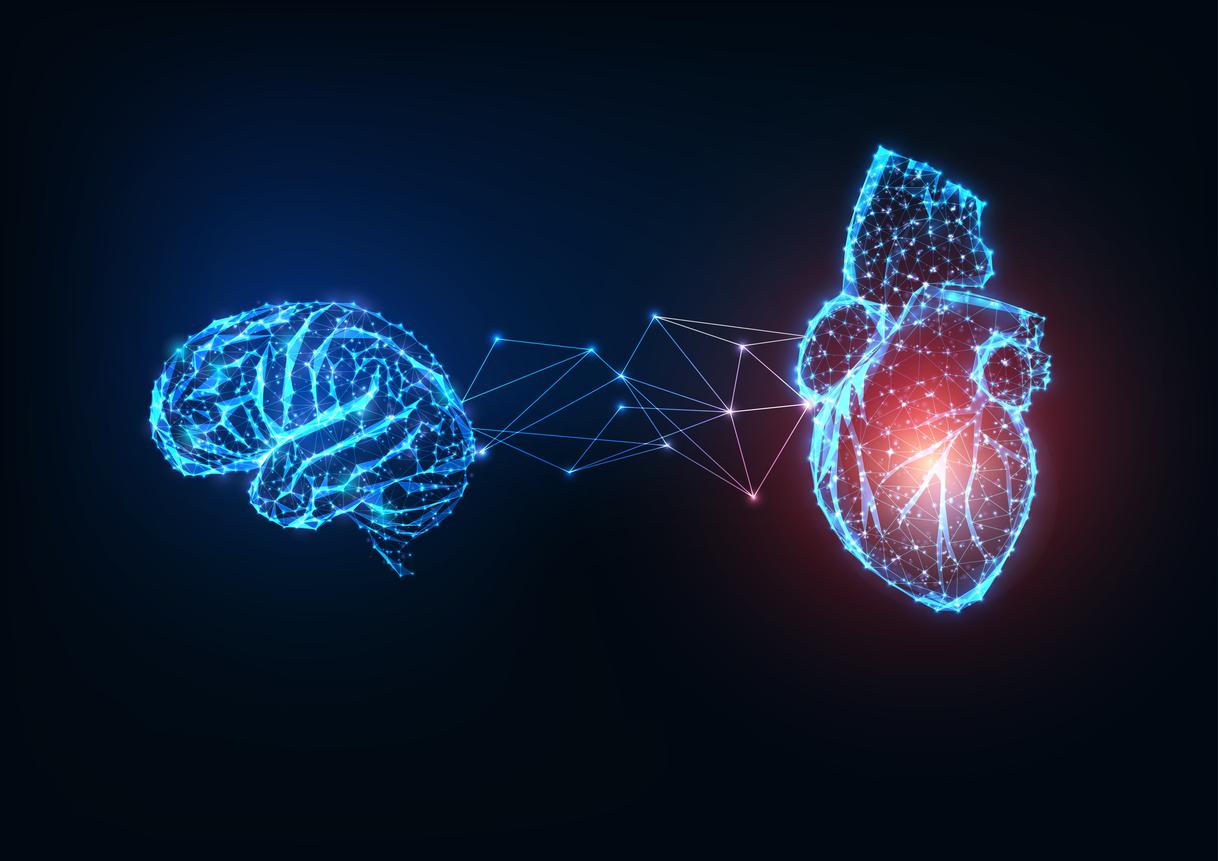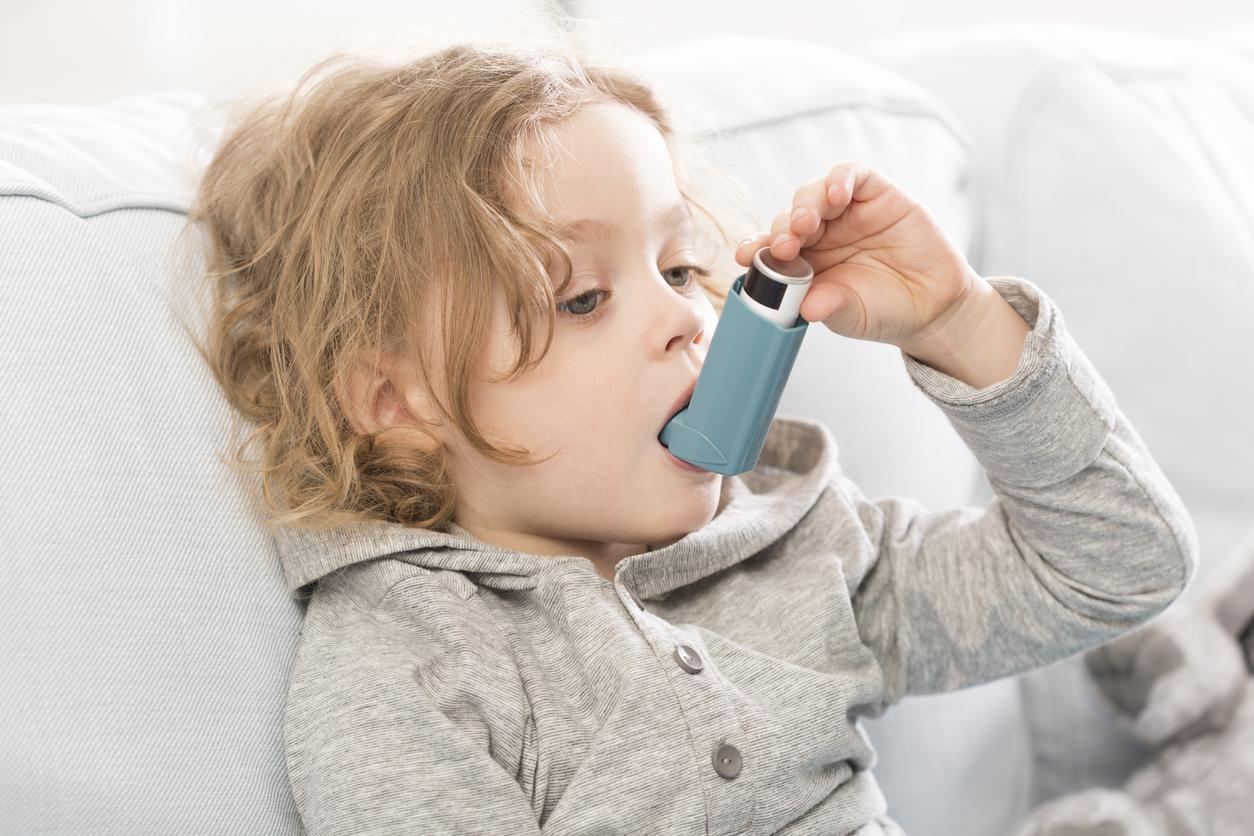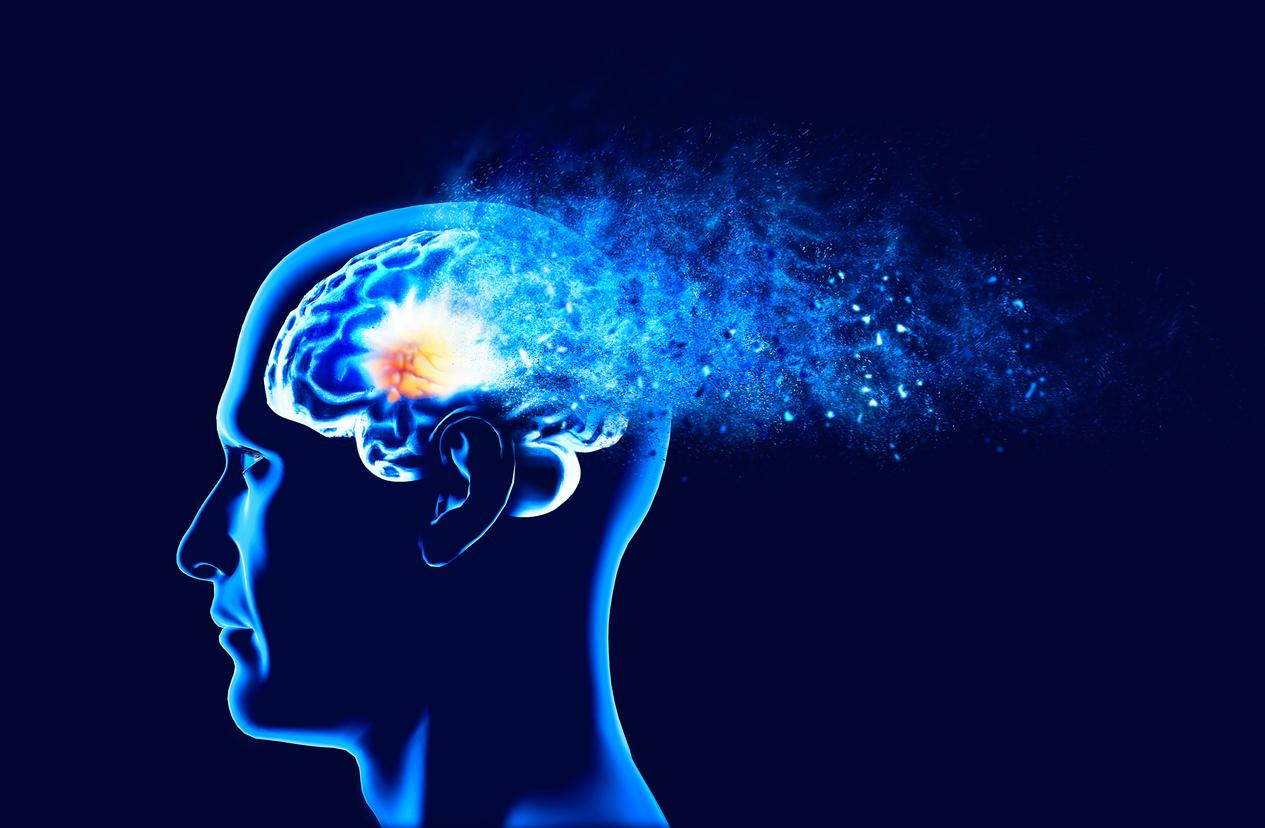Sleep apnea is a common disorder that affects millions of people worldwide. Yet it is often underdiagnosed, leading to serious complications, including memory and thinking problems.

- Sleep apnea, often underdiagnosed, can seriously affect memory and thinking.
- Adults with this disorder are 50% more likely to develop cognitive problems.
- Early diagnosis and treatment are crucial to prevent these complications and improve quality of life.
Sleep apnea is characterized by repeated pauses in breathing during sleep. These pauses can last from a few seconds to several minutes and occur several times per hour. There are two main types of sleep apnea: obstructive sleep apnea (OSA), the most common form, in which the airway becomes blocked or collapsed during sleep, and central sleep apnea, in which the brain fails to send the proper signals to the breathing muscles.
Symptoms of sleep apnea can vary from person to person, but common ones include:
- Loud snoring: Often the first observable sign.
- Episodes of breathing pauses: Observed by another person while sleeping.
- Abrupt awakening with a feeling of choking or suffocation.
- Excessive daytime sleepiness: Feeling persistent fatigue during the day.
- Difficulty concentrating.
- Irritability and mood swings.
- Dry mouth or sore throat upon waking.
Impact on memory and thinking
Dominique Low, of the Boston Medical Center and a member of the American Academy of Neurology, emphasizes the importance of recognizing and treating this disorder to avoid devastating effects on cognitive health. Indeed, a recent study found that adults with sleep apnea have a 50% increased risk of developing memory and thinking problems. Low explains that frequent interruptions to deep sleep, which is essential for memory consolidation, disrupt the normal sleep cycle and reduce the time spent in restorative sleep. This can lead to difficulty remembering recent information, learning new skills, and solving complex problems.
Researchers believe that reduced oxygen levels during apnea episodes may also damage brain cells and affect cognitive function. Additionally, fragmented and unrefreshing sleep can increase stress and inflammation in the body, further exacerbating cognitive problems.

Diagnosis and treatment of sleep apnea
Diagnosis of sleep apnea typically involves a thorough medical evaluation, including a physical exam and a detailed medical history. A polysomnography test, or sleep study, is often used to confirm the diagnosis. This test monitors several body parameters during sleep, such as oxygen levels, heart rate, eye movements, and brain activity.
Treatment for sleep apnea can vary depending on the severity of the disorder. Options include:
- Lifestyle changes: Lose weight, stop smoking, and avoid alcohol and sedatives.
- Continuous positive airway pressure (CPAP) devices: Used to keep the airway open during sleep.
- Oral devices: Help keep airways open.
- Surgery : In severe cases, to remove or reduce tissue obstructing the airways.
It is essential to raise awareness of the dangers of sleep apnea and the importance of consulting a healthcare professional if symptoms occur. Early treatment can improve quality of life and reduce the risk of serious complications, including memory and thinking problems.
Sleep apnea is a serious disorder that can lead to memory and thinking problems if left untreated. Dominique Low warns against underdiagnosing this disorder and stresses the importance of proper treatment. People with symptoms of sleep apnea should consult a healthcare professional for proper diagnosis and treatment.
















